Law Students Work to Fill Justice Gaps with Spring Break Service Trips
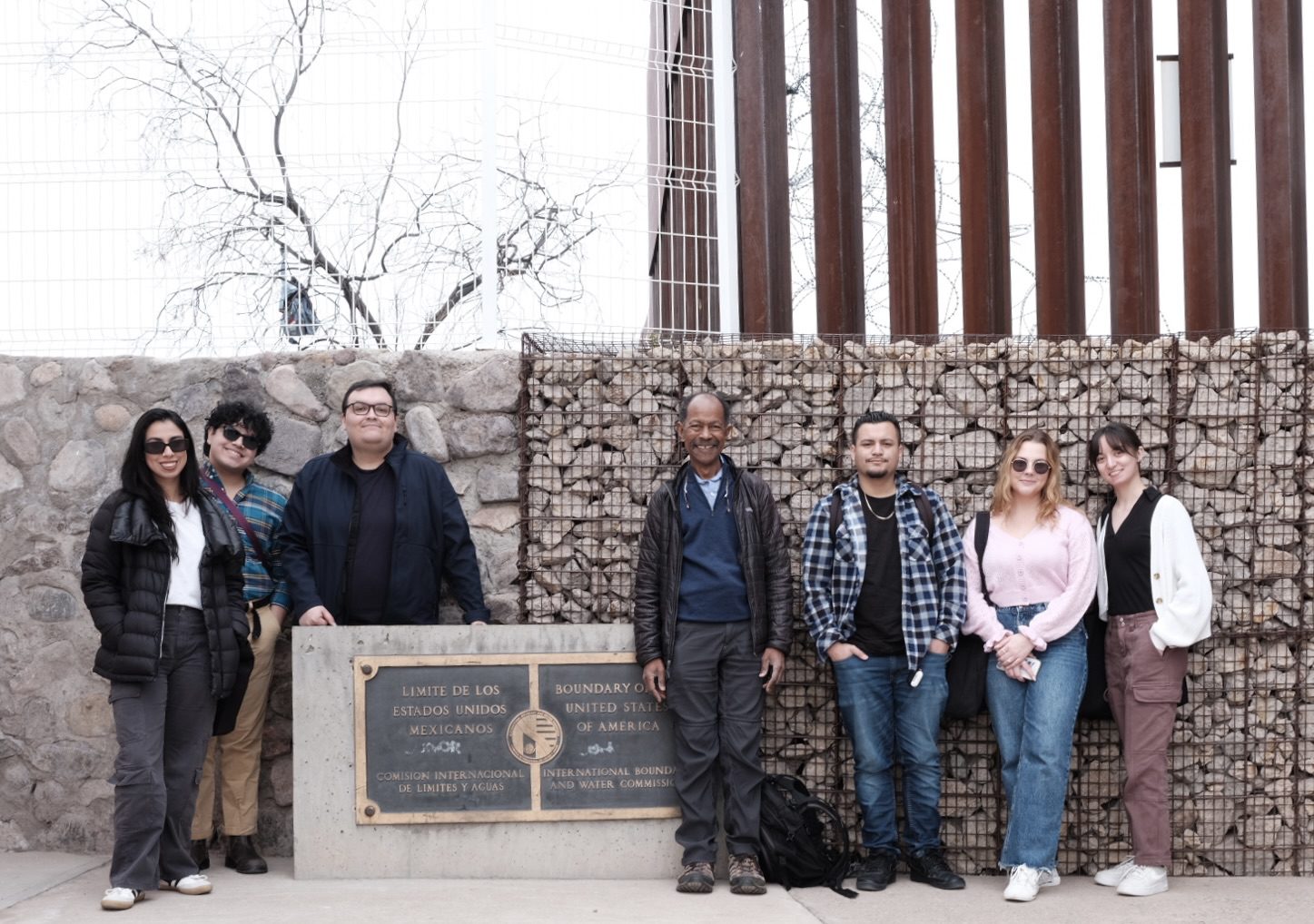
Professor Richard Boswell (center) accompanied six law students on a trip to to Arizona and across the U.S.-Mexico border, where they visited a migrant shelter as part of an annual trip organized by UC Law SF’s Students for Immigrants’ Rights.
From assisting asylum seekers and drafting wills to helping people clear their criminal records, dozens of law students spent their spring break giving back with pro bono service trips.
They traveled as far south as the Mexico-Guatemala border and as far north as the shadows of Mount Shasta to support refugees and help people who could not otherwise afford legal assistance.
The service work was part of the law school’s annual Alternative Spring Break trips. This year, eight trips were sponsored by UC Law SF’s Pro Bono Program and two student organizations.
“These trips allow students to immerse themselves in a subject area and community for a full week, exercising practical skills and applying the legal knowledge they absorb in the classroom in a concentrated setting,” said Simone Lieban Levine, Director of the Pro Bono Program at UC Law SF.
Al Otro Lado – San Diego and Tijuana, Mexico
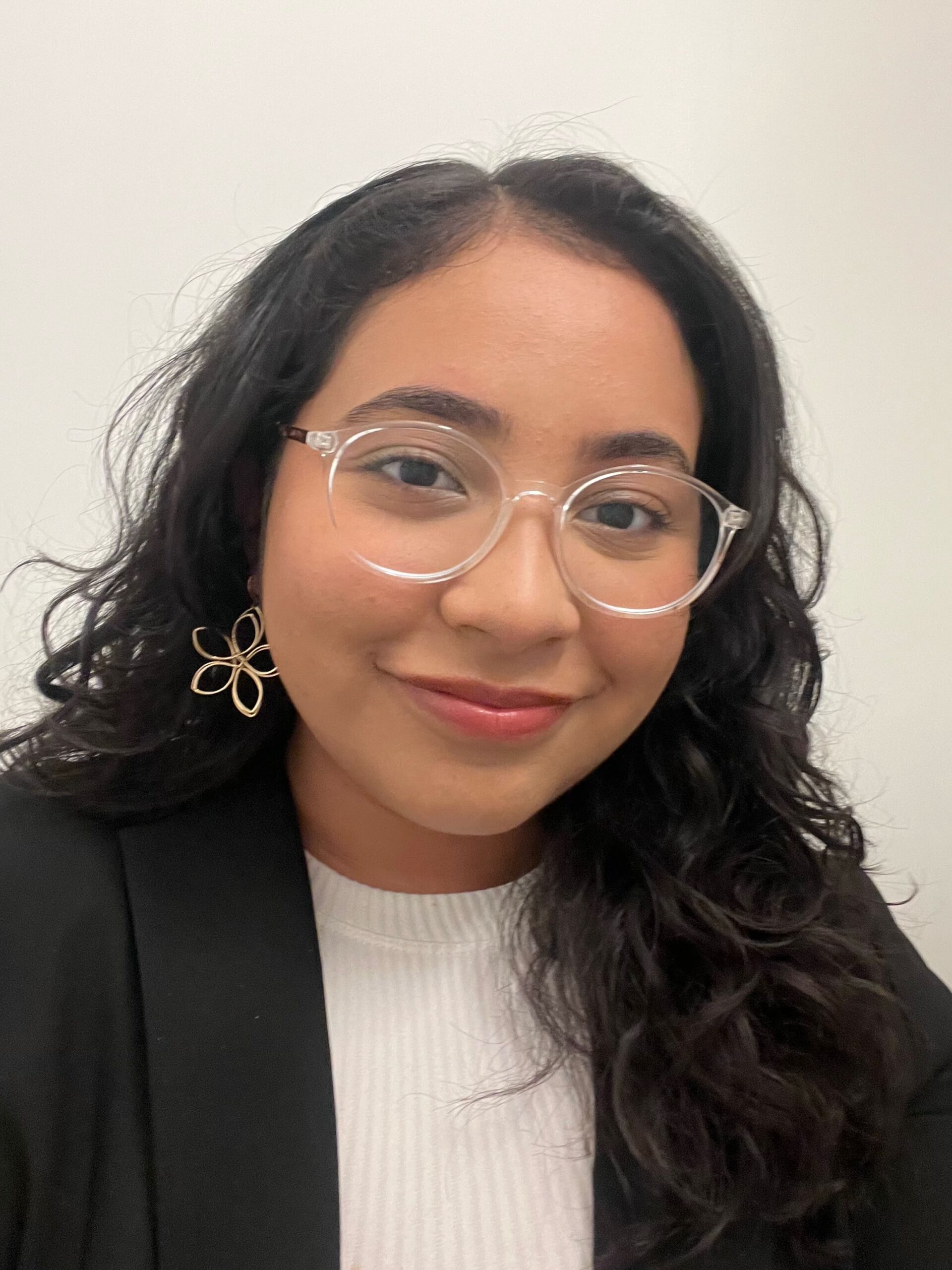
Kellie Bendezu ’26 assisted asylum seekers in San Diego and Tijuana.
Working with an organization that assists refugees, Kellie Bendezu ’26 and six other students visited migrant shelters in Tijuana to inform asylum seekers of their rights. They also monitored an official port of entry to ensure legal rights were observed and helped hundreds of migrants daily who were released in San Diego with no access to bathrooms, Wi-Fi, or ways to contact their families.
“I was able to help people get in touch with their loved ones,” Bendezu said. “As a first generation Mexican and Peruvian American, it was difficult to witness the mistreatment of migrants, but it was critical to my progress in law school to understand what is truly happening on the ground.”
LGBT Asylum Project – San Francisco
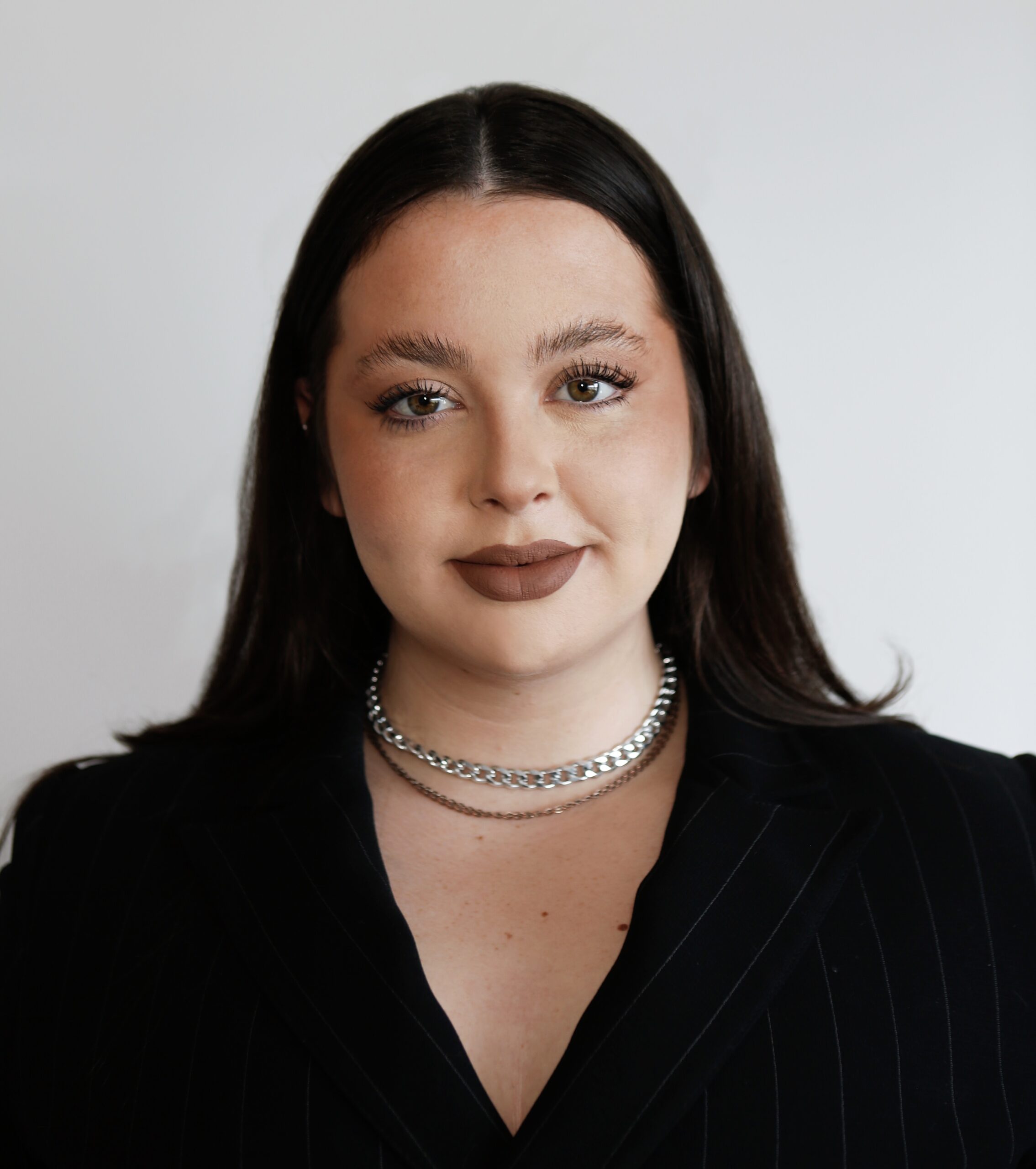
Brooke Harris ’25 led a group of students volunteering to help LGBTQ+ asylum seekers.
On a trip led by Brooke Harris ’25, six students helped asylum seekers fleeing persecution in their home countries based on their LGBTQ+ identities. The team filled out asylum applications, interviewed clients, researched their countries of origin, and drafted declarations supporting asylum requests. They also observed immigration court hearings and gained valuable insights into the asylum process.
“We helped create a space where LGBTQ+ individuals felt valued and supported,” Harris said. “Knowing that our collective efforts made a tangible difference in the lives of LGBTQ+ asylum seekers solidified my dedication to pro bono work and social justice advocacy.”
Legal Services of Northern California – Redding, California
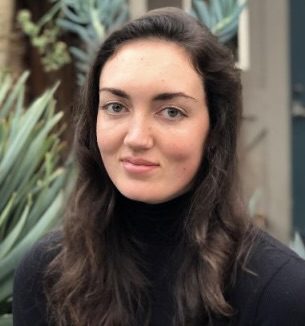
Taryn Marks ’24 drafted wills and helped people apply to get their criminal records expunged.
Taryn Marks ’24 joined four other students in providing pro bono legal assistance to Redding-area residents, who could not otherwise afford attorneys. Working directly with clients, her team drafted wills, created advanced health care directives, and assisted others seeking to get their criminal records expunged.
“I went into this pro bono opportunity wanting to work on my client interaction skills and left feeling more confident,” she said. “Interacting with our supervising attorneys, who focused on careers driven by their passion for community justice, was also a positive experience.”
The Florence Project – Tucson, Arizona, and Nogales, Mexico
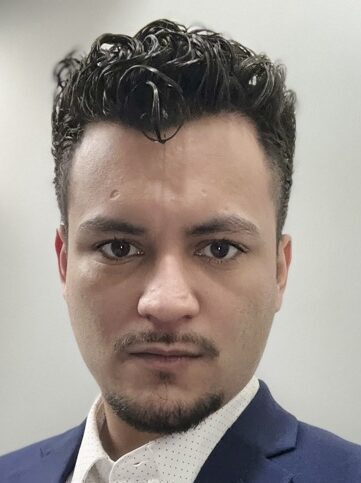
Jonathan Escobar Valencia ’24 visited a detention center and migrant shelter near the U.S.-Mexico border.
Six students visited a detention center in Arizona and toured a migrant shelter just south of the U.S.-Mexico border as part of an annual trip organized by UC Law SF’s Students for Immigrants’ Rights. The team received training on trauma-informed lawyering, watched live immigration court hearings, observed know-your-rights presentations, and sat in on attorney consultations with individual immigrants.
“I think our work made a difference in showing individuals that there are still people that care,” said Jonathan Escobar Valencia ’24. “This experience not only strengthened my passion for immigration law, but also broadened my horizons towards considering working with detained individuals.”
Fresno County Public Defender’s Office – Fresno, California
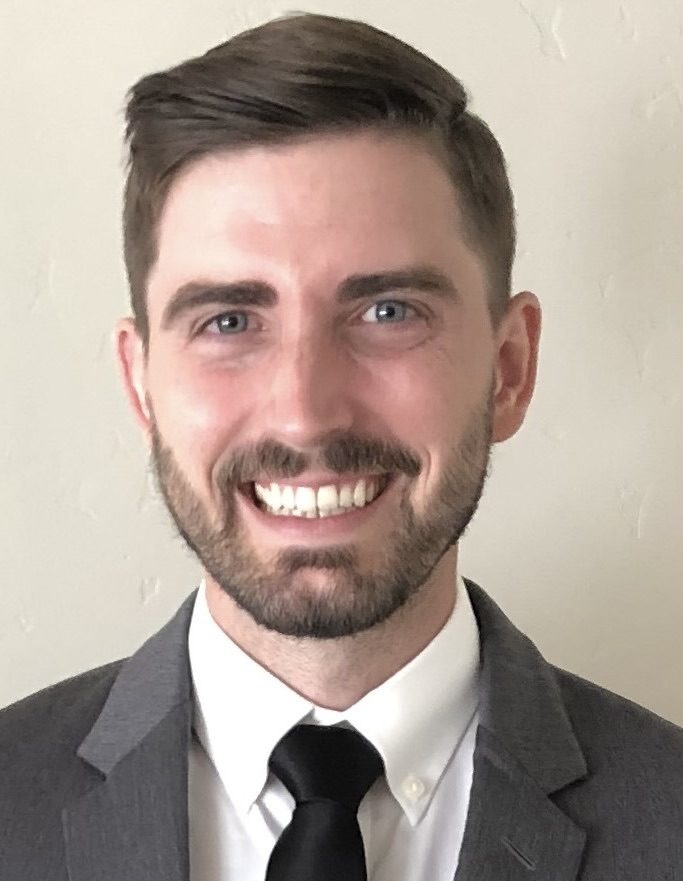
Rick Stejskal ’26 learned about the inner workings of the Fresno County Public Defender’s Office.
Rick Stejskal ‘26 was among five students who spent the week shadowing public defenders, helping clients apply to get criminal records cleared, and providing information to homeless individuals with pending criminal cases. The group also attended live court hearings, met with judges, and learned about the inner workings of the public defender’s office.
“We gained mentors who welcomed us to reach out to them as we continue our law school journey,” Stejskal said. “Personally, my interest in becoming a public defender was reinforced.”
Public Law Center – Santa Ana, California
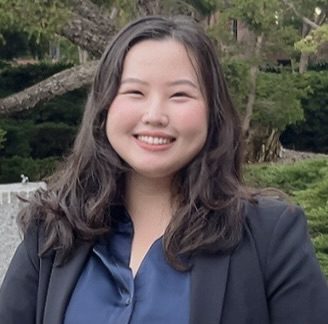
Gawon Kim ’24 drafted part of an important motion for a pending court case.
Working with a pro bono law firm in Southern California, seven students split into separate groups focusing on two different practice areas: family law and bankruptcy/consumer law. Gawon Kim ’24 coordinated the latter team of students. Beyond observing attorney consultations with pro se litigants, she also researched and wrote part of an opposition to a motion to dismiss (OMTD) for a pending court case.
“Drafting the OMTD was surprisingly interesting, and I genuinely enjoyed the experience, leading to a growing interest in litigation,” she said. “It underscored that doing pro bono work not only helps those who need free legal assistance but also allows students and practicing attorneys to explore new practice areas.”
Root and Rebound – Oakland, California
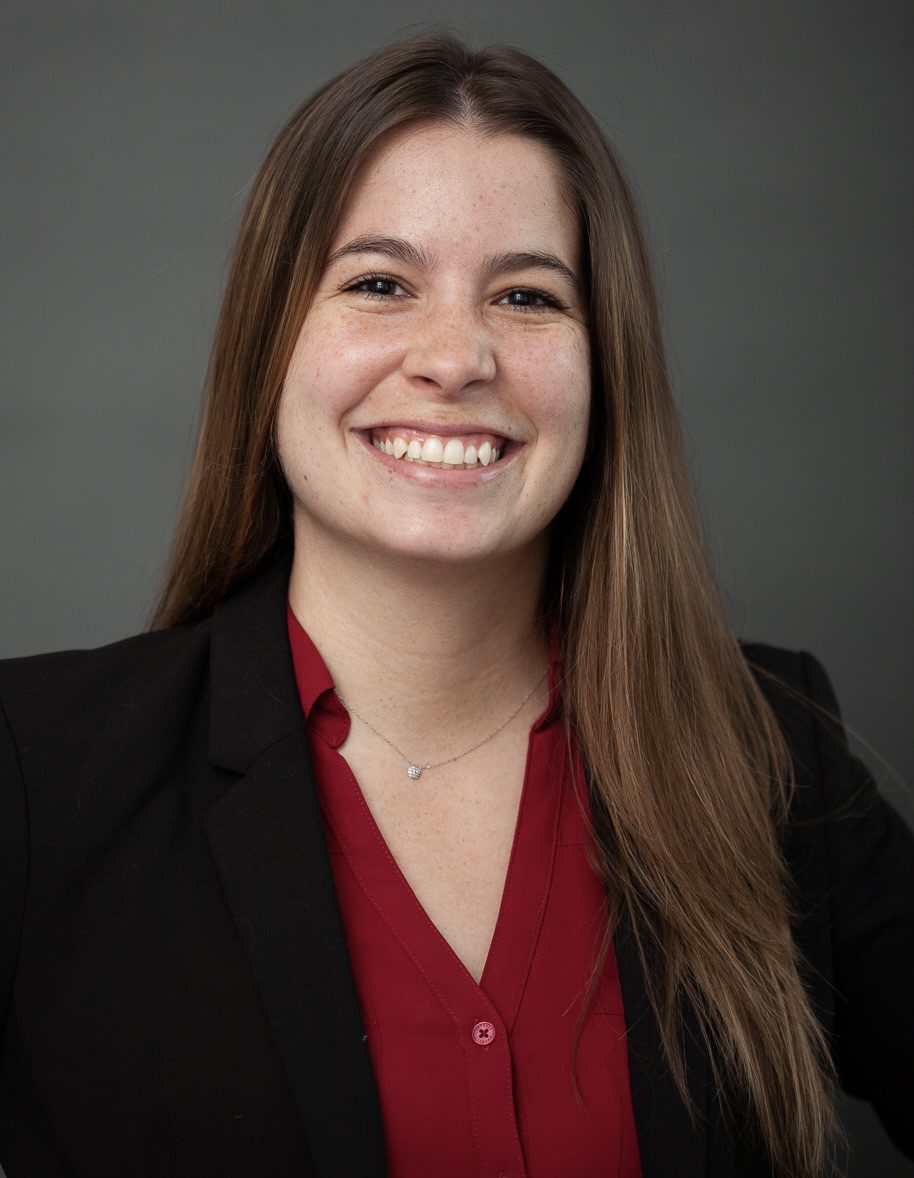
Maggie Tomcho ’25 met with clients seeking to clear their criminal records.
Knowing that a criminal record can make it harder for people to secure jobs, housing, and other essentials, seven students spent the week helping individuals get prior convictions expunged. Maggie Tomcho ’25, who served as student leader for the trip, met one-on-one with clients, reviewed their criminal histories, determined their eligibility for record expungement, and drafted declarations on their behalf.
“Our work during the trip had a profound impact on the lives of the individuals we assisted,” she said. “Record expungement not only offers tangible benefits such as improved employment prospects and access to housing but also has significant emotional implications for individuals seeking a fresh start.”
Haitian Bridge Alliance – Tapachula and Mexico City, Mexico
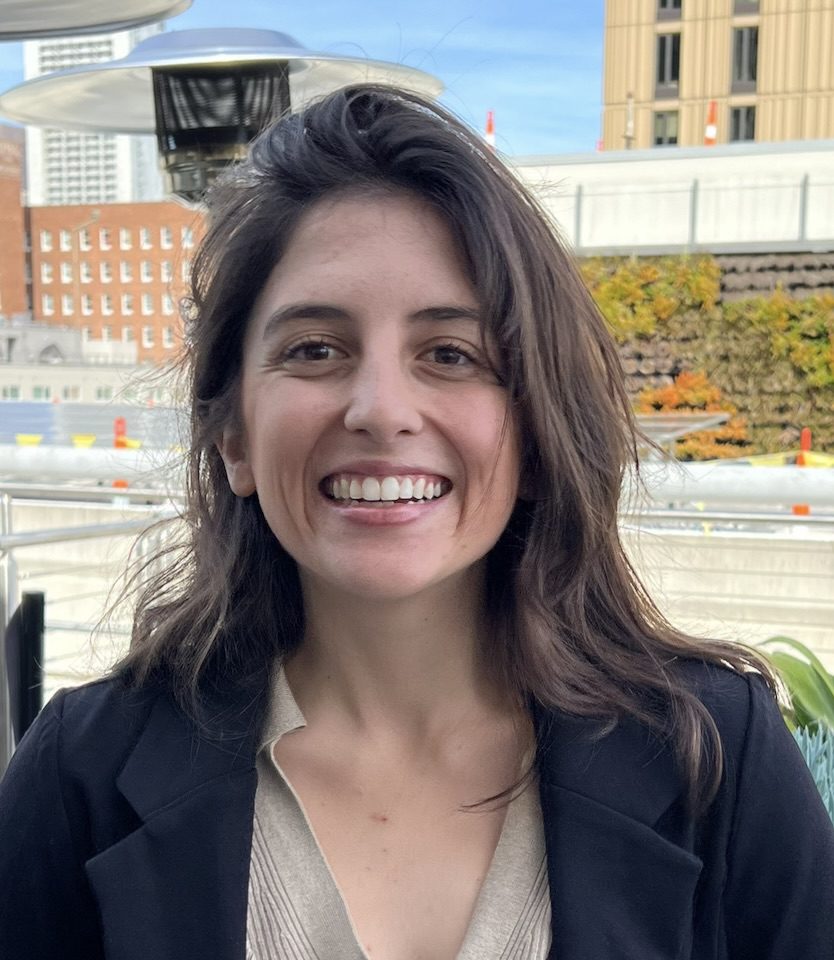
Skylar Shoemig ’26 interviewed Haitian migrants in Mexico.
In an annual trip organized by UC Law SF’s Haiti Justice Partnership (HJP), seven students traveled to Mexico’s capital and Tapachula, a city on the border of Mexico and Guatemala. Working with partners from the Center for Gender and Refugee Studies (CGRS) and the Haitian Bridge Alliance (HBA), the students interviewed hundreds of migrants, informed them of their rights, and met with local nonprofits and international agencies. They plan to turn their findings into a report detailing human rights violations and use it to push for better protections for migrants and asylum seekers.
“This experience has magnified my advocacy skills, reaffirmed my commitment to social justice work, and provided me with brilliant and graceful role models in Professors Blaine Bookey and Nicole Phillips, who helped guide us on this trip” said Skylar Schoemig ’26. “I am thrilled to continue working with HJP, CGRS, and HBA to advocate for better conditions for asylum seekers.”
